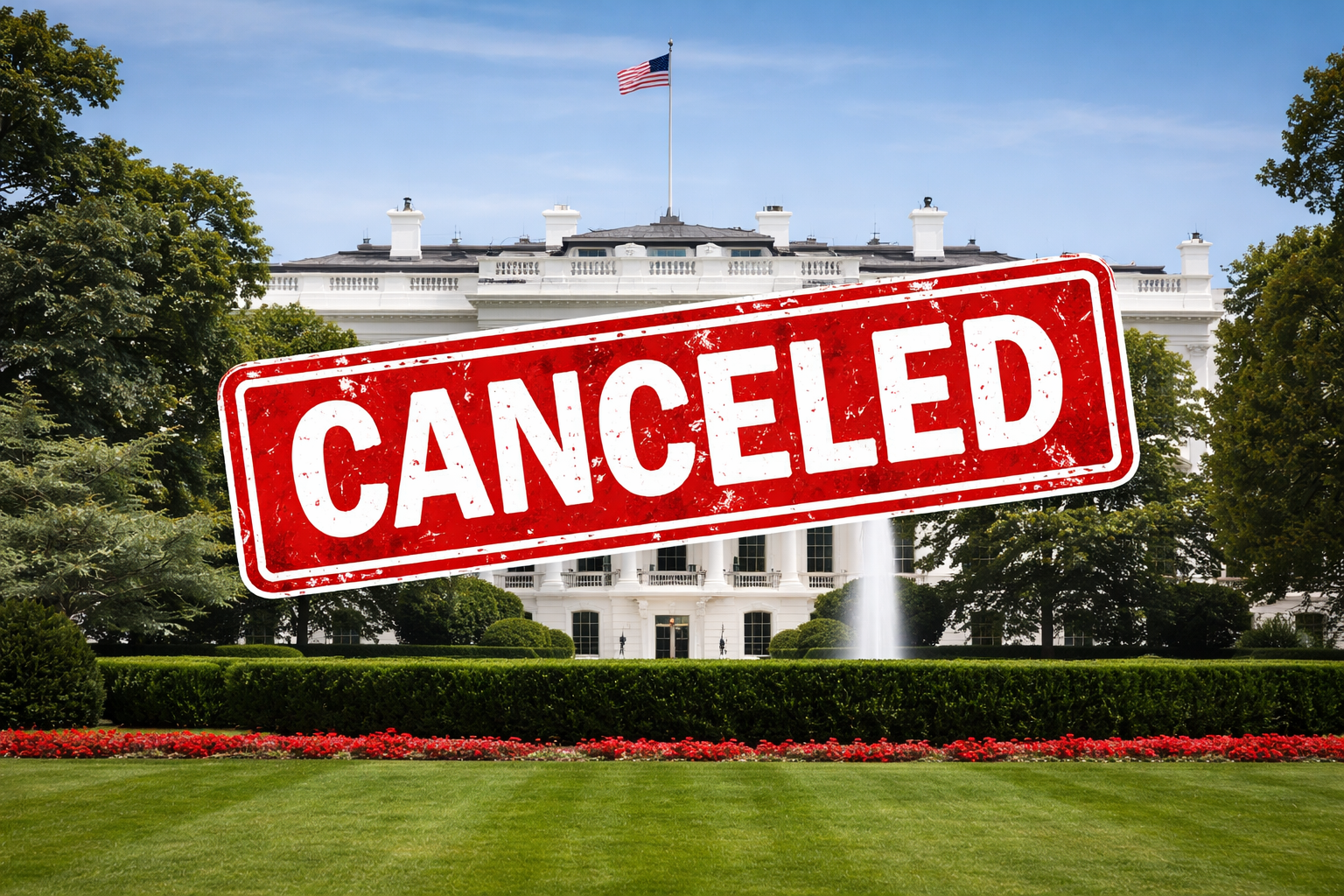President-elect Donald Trump has reportedly selected Robert F. Kennedy Jr. to lead the Department of Health and Human Services (HHS), with an official announcement anticipated as early as Thursday afternoon.
The decision marks a notable choice for HHS, given Kennedy’s vocal stance on health issues, including his controversial views on vaccine safety. Kennedy’s appointment could signal the administration’s interest in reevaluating health policies related to vaccine safety and pharmaceutical regulation.
What This Means for the Health Sector
-Policy Direction: Kennedy’s appointment may suggest shifts in public health priorities, with potential impacts on vaccine policies, medical research and health regulation frameworks.
-Industry Response: Public health officials and industry leaders will likely weigh in, as Kennedy has historically been both a critic and advocate for reform in medical and environmental health sectors.
The Hill has additional details:
HHS has a budget of nearly $2 billion and administers federal health programs including Medicare, Medicaid and the Affordable Care Act. HHS and its subagencies are responsible for responding to diseases and public health threats like COVID-19 and bird flu, as well as approving new drugs, including vaccines.
The position requires Senate confirmation. While it could be difficult, the nomination is a sign Trump feels empowered by the comfortable Republican majority in the upper chamber.
The move will roil Democrats and public health leaders, who worry Kennedy could meddle with key government agencies, amplify vaccine hesitancy and direct agency funding to favor his preferred views.
Kennedy founded one of the most prominent anti-vaccine groups in the country and has promoted the debunked claim that childhood vaccines cause autism. Kennedy said in recent interviews he doesn’t want to take away any approved vaccines, but he claims that health agencies haven’t done enough research on them.
Scientific studies do suggest that environmental factors could play a role in increasing autism prevalence. While genetics are known to be a significant factor in autism, researchers have also explored various environmental influences, including advanced parental age, nutritional factors and the increased use of chemicals and plastics, which may interact with genetic predispositions in ways that slightly increase the likelihood of autism. However, it’s important to note that the contribution of any single environmental factor is likely small and most cases of autism appear to arise from a complex interplay between genetics and environment.
Article Published With The Permission of American Liberty News




